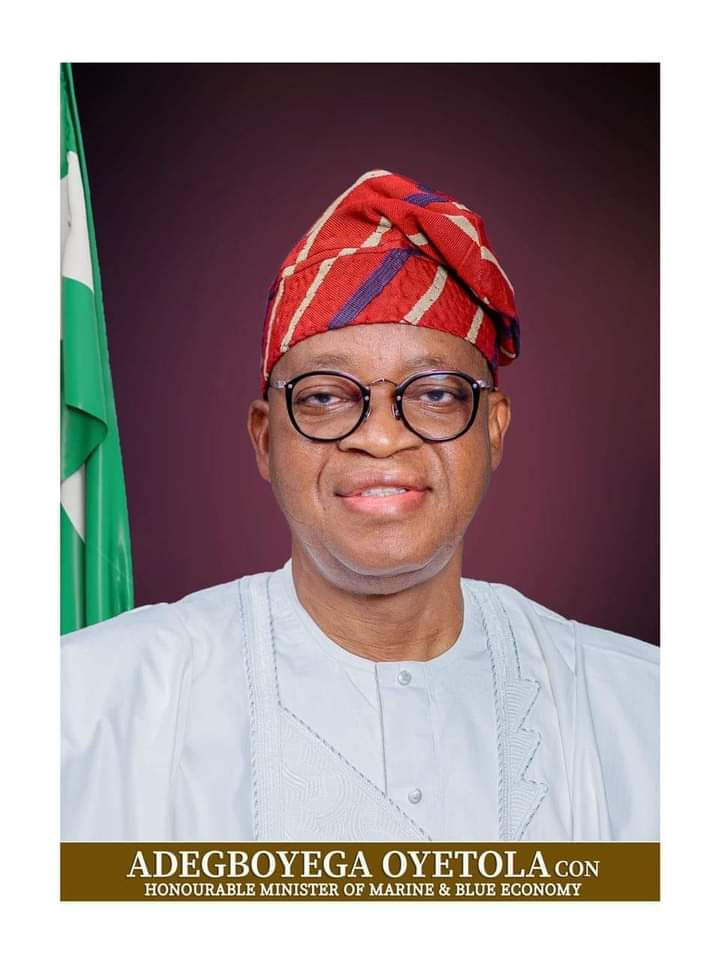…After IMF advises total fuel subsidy removal***
There is a growing fear in Lagos that the pump price of fuel will soon shoot up, following the Minister of Finance, Mrs Zainab Ahmed’s partial acceptance of IMF advice, for total removal of fuel subsidy.
The Minister on Thursday assured that the Federal Government will look into a gradual removal of fuel subsidy as part of strategies to boost revenue; and instantly, few petrol stations in Lagos shut down, even as motorists began a new wave of panicked buying.
Ahmed who noted that the IMF/World Bank advice as indicated at meetings currently taking place in Washington DC, United States of America, was good, the government would soon embark on sensitization before doing so.
The International Monetary Fund (IMF) insists that fuel subsidy removal would help boost revenue and improve government’s spending to build more hospitals, roads, schools, and to support education and health for the people.
“It’s good advice, but we have to implement it in a way that will be successful as well as sustainable.
“We are not in the position to wake up one night and just remove subsidy. We have to educate the people, we have to show the Nigerian citizens what the replacement for this subsidy will be.
“So, we have a lot of work to do because subsidy removal has to be gradual and the public has to be well informed,” she said.
Ahmed said that since the IMF/World Bank meetings started, she has had high-level meetings on taxation and discussions on global economy.
“We spoke on the need to build more fiscal buffers because of the slow down in global economic growth and partly by the natural incidences that are happening around the world like the cyclone in Southern Africa.
“We are discussing between ourselves on how we can better manage our finances and also how we must curtail the increases in our debt.
“For Nigeria, we are asking the World Bank to review some of the initiatives that involves them looking at implementation systems when they are providing funding for infrastructure.
“We understand that it’s well intended but we have informed them that they need to review its implementation, so that we are not overly slowed down because of the new procedures,” she said.
In the meantime, the International Monetary Fund (IMF) has advised Nigeria and other countries still subsidising fuel for domestic consumption to stop doing so.
The IMF said fuel subsidy removal would help boost revenue and improve on local infrastructure development.
The IMF President, Christine Lagarde said this on Thursday in Washington DC at a news conference during the ongoing IMF/World Bank meeting.
Lagarde said that subsidy payment had consumed about 5.2 trillion dollars globally from 2015 till date.
She said such amount would have been used to improve education, health system, water and infrastructure for the majority poor people in most countries.
In particular, she said IMF wanted Nigeria to remove the subsidy due to paucity of fund to take care of its infrastructure reforms and other social services.
“Nigeria has among the lowest Tax to GDP ratio which signifies low revenue mobilisation for the government and the only way to fill in the gap is to remove subsidy.
“We believe that removal of fossil fuel subsidies is the right way to go.
“If you look at our numbers since 2015, it is no less than 5.2 trillion dollar that is spent on fuel subsidies and the consequences thereof.
“Our Fiscal Affairs Department actually identified how much would have been saved fiscally, but also in terms of human life if there has been the right price on carbon emission as of 2015.
“The numbers are quite staggering.
“There will be more fund available for public spending to build more hospitals, roads, schools, and to support education and health for the people,” she said.
She said that the removal would ensure a social protection net to cushion the impact on the most vulnerable members of the countries.
On the global economy, the IMF chief said the global economy
was currently quite uncertain.
” As I said a year ago, we are talking about synchronised growth. And 75
percent of the global economy is going through that phase.
“As you have heard a couple of days ago, we are now talking about a synchronised slowdown by 70 percent of the global economy,” she said.
She projected that global economy would grow from 3.3 per cent in the year to 3.6 percent in 2020.
“Our projected rebound from 3.3 in 2019 to 3.6 by 2020 is precarious and subject to downside risks, ranging from unresolved trade tensions, yet high debt in some sectors and countries, both public and corporate.
“Also there is the risk of the weaker-than-expected growth in some stressed economies,” she explained.
Lagarde also advised countries to avoid wrong policies, especially in regards to international trade.
She attributed this to many decades of trade integration, which according to her has helped to boost productivity, innovation, growth, employment and reduced cost of living especially for low income earners.
Also, the World Bank President, Mr. David Malpass, in a separate news conference said nine in every 10 extremely poor people across the world would be Africans come 2030.
Malpass said the development would jeopardise the World Bank’s goal to end extreme poverty by that time.
He said extreme poverty was on the rise in sub-Saharan Africa despite a global drop from levels seen in the 1990s and 2000s.
“By 2030, nearly 9 in 10 extremely poor people will be Africans, and half of the world’s poor will be living in fragile and conflict-affected settings.
“This calls for urgent action by countries themselves and by the global community,” he said.





















